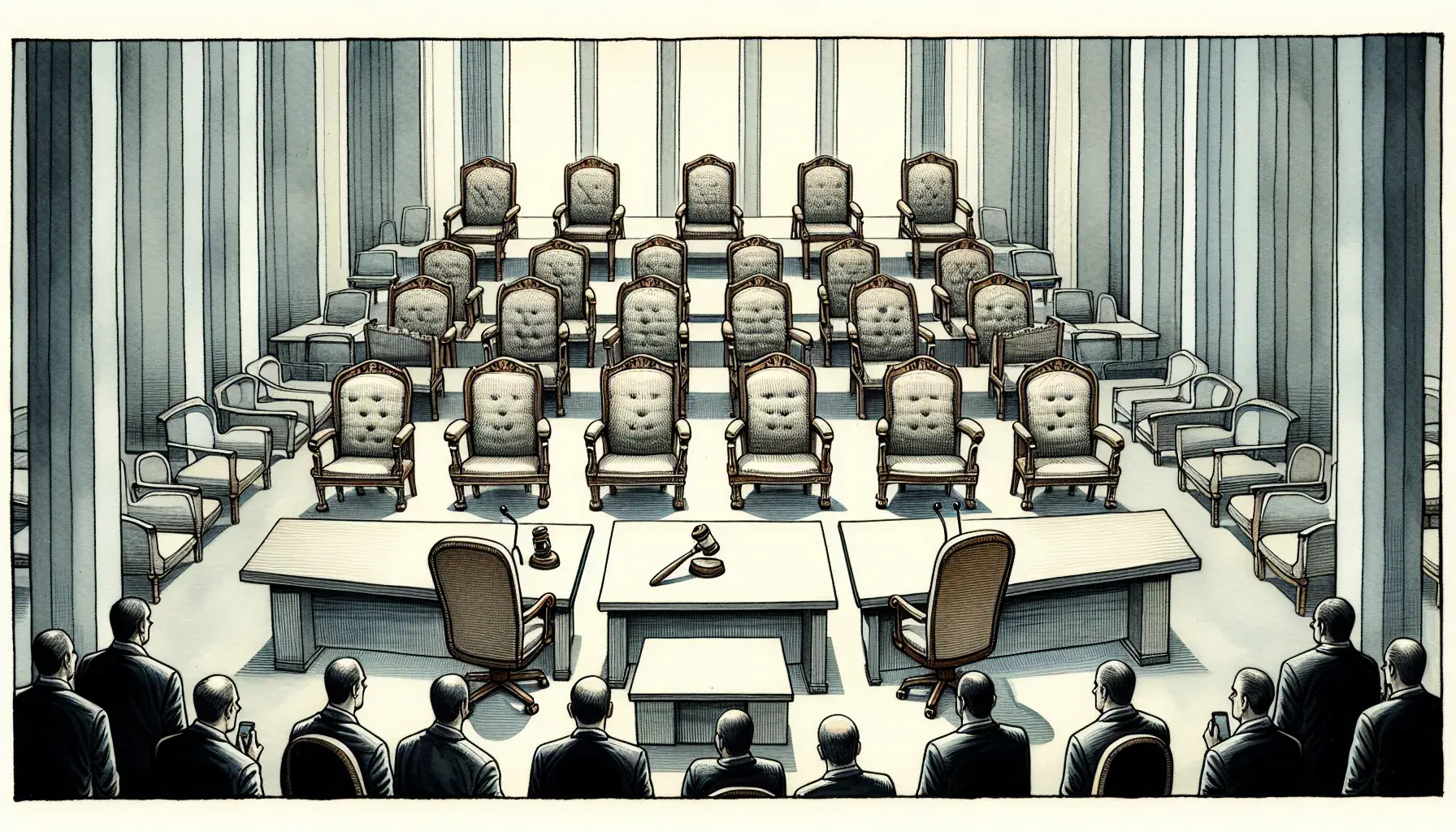Big Business Sits Out Supreme Court Clash Over Trump Tariffs

What Happened
The justices will hear arguments on November 5, 2025, in consolidated cases testing whether the International Emergency Economic Powers Act (IEEPA) lets a president impose sweeping import tariffs. The challengers include family‑owned companies such as Learning Resources and wine importer V.O.S. Selections, alongside a coalition of states. Lower courts have ruled that IEEPA likely does not authorize broad tariff regimes, but the levies remain in effect pending review. The Supreme Court will decide the scope of a president’s emergency trade powers.Who’s Weighing In
Unlike past blockbuster business cases, few household‑name corporations filed friend‑of‑the‑court briefs. Reuters reports that large U.S. companies neither brought lawsuits nor submitted amicus briefs, focusing instead on lobbying and seeking exemptions. By contrast, the U.S. Chamber of Commerce has weighed in against the IEEPA tariffs, and a range of conservative and libertarian legal groups, former judges, and economists have lined up with the small‑business challengers. The Liberty Justice Center is backing several of those firms, while declining to disclose its donors; a Washington Post analysis shows the group has received funding in recent years from donor‑advised and conservative philanthropies.Why It Matters
The outcome could reset the balance of trade authority between Congress and the White House and ripple across supply chains. If the administration loses, the government could be forced to refund roughly $90 billion in tariff revenue collected under emergency powers, according to reporting based on federal data. Notably, the dispute does not cover tariffs imposed under other statutes, such as national‑security duties on steel and aluminum or Section 301 tariffs on certain Chinese goods.What’s Next
The administration argues IEEPA’s grant to “regulate” trade during emergencies includes tariff authority and has urged a swift ruling. A decision is typically months away, but the Court could act faster given the economic stakes. However the justices rule, corporate America’s restraint here is telling: big brands are staying quiet in court while smaller players carry the banner — a reversal of the usual alignment in major business cases. A ruling could either cement a powerful tool for unilateral trade action or sharply curtail it.Sources
- A toy maker takes his case against Trump's tariffs to the Supreme Court — Reuters (November 3, 2025)
- US Supreme Court declines to speed up decision on taking up fight over Trump tariffs — Reuters (June 20, 2025)
- Mystery conservative donors bankroll opposition to Trump’s tariffs — The Washington Post (November 4, 2025)
- Trump v. V.O.S. Selections, Inc. — U.S. Chamber of Commerce (October 24, 2025)
- Big business sits out the Supreme Court fight over Donald Trump’s tariffs — CNN (November 3, 2025)
Disclaimer: This article is for informational purposes only and does not constitute legal advice.
Previous story
← Amazon Shares Rally on OpenAI’s $38 Billion AWS Deal
You May Also Like
These Related Stories
Big Business Sits Out Supreme Court Tariff Fight


Big Business Sits Out Supreme Court Tariff Fight
Nov 5, 2025 11:44:53 AM
2
min read
Major companies largely absent as SCOTUS hears Trump tariffs


Major companies largely absent as SCOTUS hears Trump tariffs
Nov 3, 2025 2:41:54 PM
2
min read
Big Business Sits Out Supreme Court Fight Over Trump Tariffs


Big Business Sits Out Supreme Court Fight Over Trump Tariffs
Nov 10, 2025 8:59:58 AM
2
min read
No Comments Yet
Let us know what you think